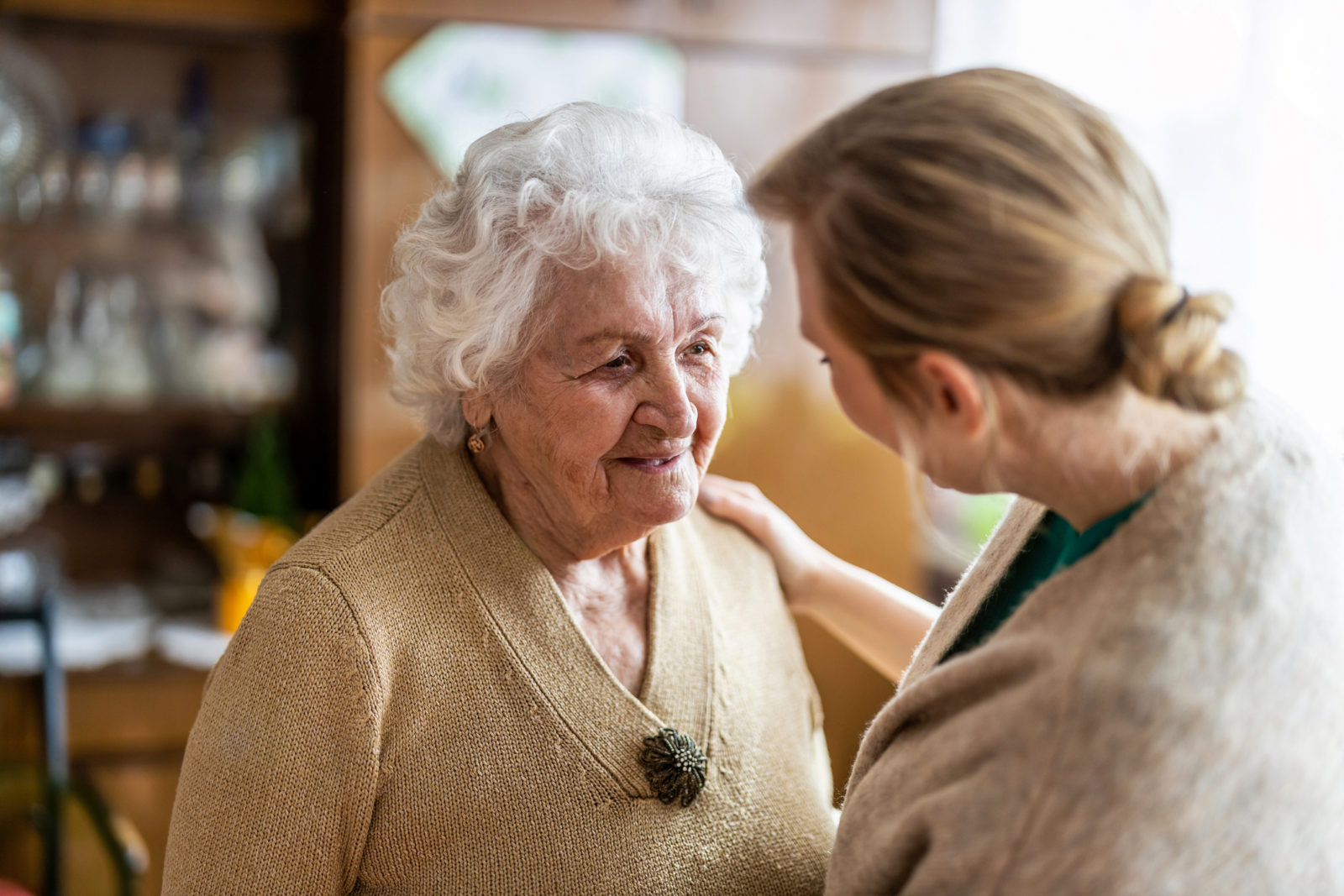Supporting the Caregivers of Those Diagnosed with Dementia

More than 11 million people in the U.S. are currently providing unpaid care to a person living with Alzheimer’s or dementia, reports the Alzheimer’s Association. Nearly half of all caregivers (48%) who provide help to older adults do so for someone with Alzheimer’s or another dementia.
“Caring for someone with Alzheimer’s or another dementia becomes an around-the-clock job — it can be all-encompassing, and all-consuming,” said Monica Moreno, senior director, care and support at the Alzheimer’s Association. This month, in honor of both National Alzheimer’s Disease Awareness Month and National Family Caregivers Month, the association encourages all of us to help a caregiver or simply let them know they’re appreciated.
“Providing help and support to caregivers can be easier than most people think,” said Moreno. “Even little acts can make a big difference.” The Alzheimer’s Association offers these tips for helping family caregivers:
- Learn: Educate yourself about Alzheimer’s disease — its symptoms, its progression and the common challenges facing caregivers. The more you know, the easier it will be to find ways to help.
- Give caregivers a break: Make a standing appointment to give the caregiver a break. Spend time with the person living with dementia and allow the caregiver a chance to run errands, go to their own doctor’s appointment, participate in a support group or engage in an activity that helps them recharge. Even one hour could make a big difference in providing the caregiver some relief.
- Check in: Many Alzheimer’s and dementia caregivers report feeling isolated or alone. Calling, sending a note, or stopping by for a visit can make a big difference in a caregiver’s day and help them feel supported.
- Tackle the to-do list: Ask for a list of errands that you can help with — such as picking up groceries or prescriptions. Offer to do yard work or other household chores. It can be hard for a caregiver to find time to complete these simple tasks that non-caregivers take for granted.
- Be specific and be flexible: Open-ended offers of support (“call me if you need anything” or “let me know if I can help”) may be well intended, but are often dismissed. Be specific in your offer (“I’m going to the store, what do you need?”). Continue to let the caregiver know that you are there and ready to help.
- Help for the holidays: The upcoming holiday season can pose additional challenges for families facing Alzheimer’s. Support caregivers around the holidays by offering to help with cooking, cleaning or gift shopping. If a caregiver has traditionally hosted family celebrations, offer your home instead.
- Join the fight: Honor a person living with the disease and their caregiver by joining the fight against Alzheimer’s. You can volunteer with your local Alzheimer’s Association chapter, participate in fundraising events such as Walk to End Alzheimer’s and The Longest Day, advocate for more research funding, or sign up to participate in a clinical study through the Alzheimer’s Association’s Trial Match®.
At LifeCare Advocates, we provide various services for people living with Alzheimer’s or other dementias and their families. Contact us for guidance, answers, and support.
![LifeCare Advocates [logo]](https://www.lcadvocates.com/wp-content/uploads/sites/270/2017/11/logo.png)